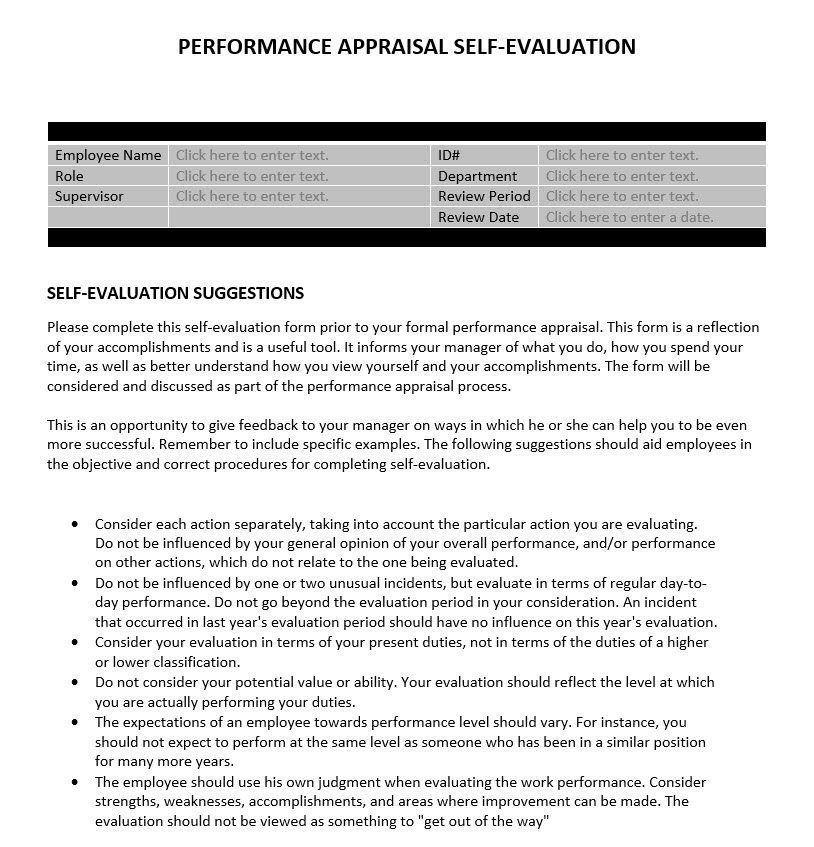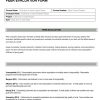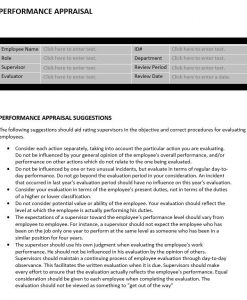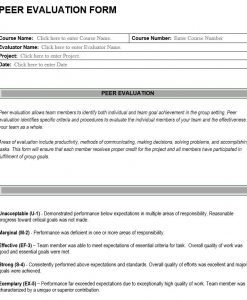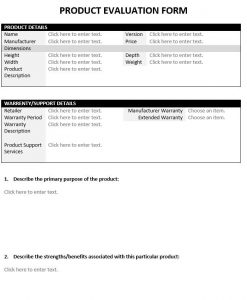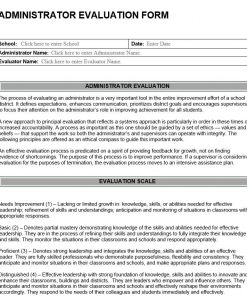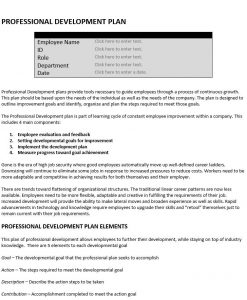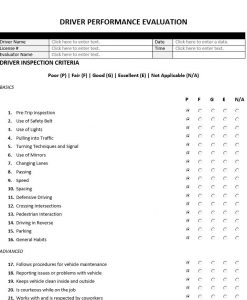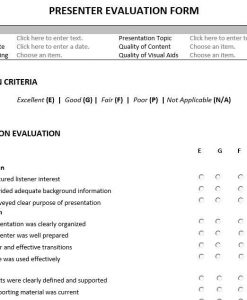Performance Appraisal Self-Evaluation
$10.00
Effective management requires an ongoing, two-way discussion between a manager and employee about performance, priorities and challenges. Performance Appraisal Self-Evaluation Form formalizes this two-way dialogue, avoiding top down evaluations that often serve to discourage or disengage employees.
Performance Appraisal Self-Evaluation is an essential part of performance evaluation because it’s an opportunity for you to assess your own achievements. You own the performance appraisal. You should look across the past year and tell your manager what you’ve done and areas you’d like to focus on.
Performance Appraisal Self-Evaluation Goals
The goal of a performance appraisal self-evaluation is to help remind employers of all the great work they have done over the last six months or year and how hard they have been working. Most managers usually have several people reporting to them, which can make it hard for them to remember exactly all the work each one has done. While they might have a general grasp of the work their employees are accomplishing, the performance appraisal self-evaluation provides employees the chance to make sure their hard work does not go unnoticed.
Including employee self-assessments as part of your performance management process gives employees an active role to play. Rather than simply being the “recipient” of feedback from their manager, the employee is given a voice, and can inform or shape their performance appraisal and ratings. This active participation helps them to be more engaged with both their performance and the review process overall.
The performance appraisal self-evaluation should not be focused just on your job. It should also be focused on your long-term career plan. It’s an opportunity for you to reflect on how you’re doing in your career, not just your job. Use it to think about where you are going long-term and where you are in your career.
From an employee perspective, if there is not a career plan in place or not one consistently followed, then use this as an opportunity to sit down with your manager and say, “Hey, this is what’s really important in my career. I want to build these additional skills, I want to be certified, I want to be a manager, I want a raise… .” Then you need to map out a plan together and be in agreement. Doing this makes expectations very real and tangible.
It is also the perfect opportunity for employees to show their managers that they understand where their shortcomings are and what tasks they need to improve. While no one likes to point out their areas of weakness, some employers actually have more respect for their staff members who do because it shows they are cognizant of the work they are doing and know they have room to improve. Employees who think they are doing great in all areas of their job are often too shortsighted to understand that, in reality, they aren’t living up to expectations, which is a trait most businesses could do without.
Related products
Business
Academic
Business
Academic
Business
Business
Business
Business

